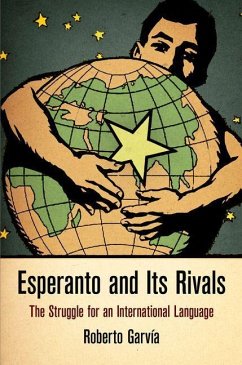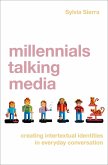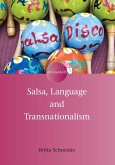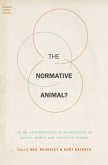The problems of international communication and linguistic rights are recurring debates in the present-day age of globalization. But the debate truly began over a hundred years ago, when the increasingly interconnected world of the nineteenth century fostered a desire for the development of a global lingua franca. Many individuals and social movements competed to create an artificial language unencumbered by the political rivalries that accompanied English, German, and French. Organizations including the American Philosophical Society, the International Association of Academies, the International Peace Bureau, the Comintern, and the League of Nations intervened in the debate about the possibility of an artificial language, but of the numerous tongues created before World War II, only Esperanto survives today. Esperanto and Its Rivals sheds light on the factors that led almost all artificial languages to fail and helped English to prevail as the global tongue of the twenty-first century. Exploring the social and political contexts of the three most prominent artificial languages-Volapük, Esperanto, and Ido-Roberto Garvía examines the roles played by social movement leaders and inventors, the strategies different organizations used to lobby for each language, and other early decisions that shaped how those languages spread and evolved. Through the rise and fall of these artificial languages, Esperanto and Its Rivals reveals the intellectual dilemmas and political anxieties that troubled the globalizing world at the turn of the twentieth century.
Dieser Download kann aus rechtlichen Gründen nur mit Rechnungsadresse in A, D ausgeliefert werden.









